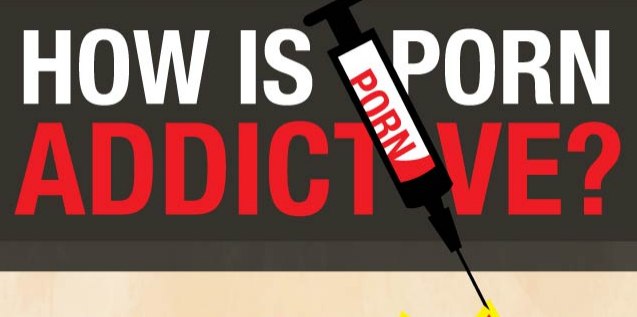Do you know someone who can’t go more than a few hours without watching pornography? Or maybe you have trouble yourself resisting the urge to check out pornographic websites or videos. If so, you may be wondering if you have a pornography addiction.
Whether you’re concerned about your viewing habits or those of a loved one, it’s important to understand the facts about pornography addiction. Pornography addiction is a real and growing problem that can have serious consequences. But there is help available if you’re willing to seek it out.
Read on to learn more about the facts of pornography addiction, how to tell if you or a loved one may be addicted, and what you can do to get help.
What is pornography addiction and how common is it?
According to the American Psychiatric Association, pornography addiction is a subtype of hypersexual disorder. Hypersexual disorder is characterized by compulsive sexual thoughts and behaviors that interfere with normal life functioning. Pornography addiction specifically refers to an obsession with pornography that leads to negative consequences.
Pornography addiction is relatively common. In a 2019 study, it was found that around 3-6% of American adults suffer from this addiction. Pornography addiction can lead to many negative consequences, including disrupted work or school performance, problems in personal relationships, and financial difficulties.
How do you know if you or a loved one is addicted to pornography?
Some warning signs may indicate that someone is addicted to pornography. These include spending excessive amounts of time viewing or thinking about pornography, experiencing withdrawal symptoms when not viewing pornography, and failing to control one’s urges to view pornography.
Other warning signs may include neglecting important obligations to view pornography, engaging in risky behaviors (e.g., watching pornography at work) to view it, and experiencing negative consequences as a result of one’s obsession with pornography (e.g., losing a job or strained personal relationships).
What are the causes of pornography addiction?
There is no single cause of pornography addiction. Rather, it is thought to be the result of a combination of factors, including genetic predisposition, psychological vulnerability, and exposure to pornography. Some research suggests that pornography addiction may be associated with changes in brain structure and function. For example, one study found that individuals with pornography addiction had lower gray matter volume in certain regions of the brain.
What are the consequences of pornography addiction?
Pornography addiction can lead to several negative consequences. These include disruptions in work or school performance, problems with personal relationships, and financial difficulties. Additionally, pornography addiction can lead to feelings of isolation, shame, and low self-esteem.
Why is pornography addicting?
Pornography can be addicting because it is a powerful stimulus that can trigger the release of dopamine in the brain. Dopamine is a neurotransmitter that is associated with pleasure and reward. When someone views pornography, they may experience a rush of dopamine that can create a feeling of pleasure. Over time, the individual may become desensitized to the effects of dopamine and need to view more and more pornography to achieve the same level of pleasure. This can lead to compulsive viewing behaviors and pornography addiction.
How can I get help for pornography addiction?
If you think you or a loved one may be addicted to pornography, it is important to seek professional help. Several treatment options are available, including individual therapy, group therapy, and 12-step programs. Treatment typically focuses on helping the individual develop healthy coping mechanisms and successfully manage triggers. If you are struggling with pornography addiction, there is hope for recovery.
Where can you get help for pornography addiction?
You don’t have to suffer from pornography addiction alone. There are organizations like Sex Addicts Anonymous that can help you recover from this disorder. Additionally, some therapists specialize in treating pornography addiction and can help you develop the tools you need to overcome this problem.
If you think you may be addicted to pornography, don’t hesitate to reach out for help. There is hope for recovery and a better life awaits you on the other side.

